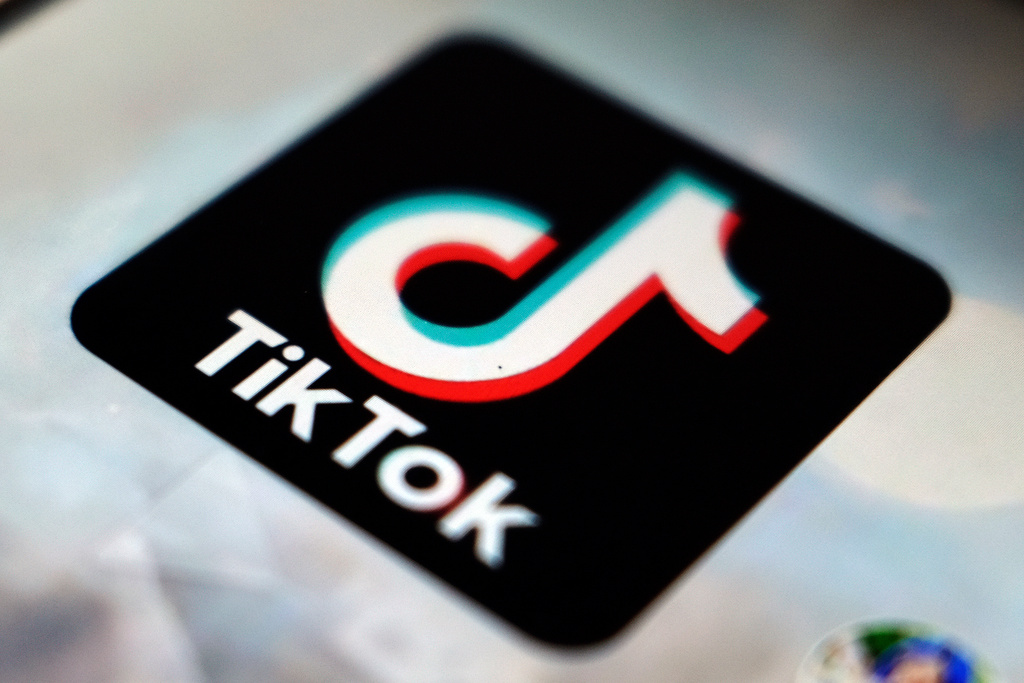Facebook's advertising program has garnered criticism yet again. This time it's because a ProPublica report found the company let advertisers pay to target people who searched terms like "Jew Hater" and "History of 'why jews ruin the world.'"
Facebook said the anti-Semitic categories were created by an algorithm and have since been removed. The targeted ads could have appeared in the news feeds of more than 2,000 people who searched those terms.
Incidents like this can happen for a few reasons: There's not as much regulation on internet companies to watch what happens on their platforms as there is for mediums like TV or radio.
It's also tough to monitor the content posted by the site's estimated 2 billion monthly active users. That means some shady advertising is bound to slip through the cracks.
Facebook recently said bogus accounts linked to Russia improperly bought $100,000 worth of divisive political ads between 2015 and 2017. Members of Congress are now calling for Facebook to pay more attention to who's buying the ads and who's being targeted.
Some tech professionals say Facebook should block companies from profiting off of racism or propaganda. But free speech advocates say Facebook and other companies shouldn't decide what people can and can't say online.
Facebook appears to be erring on the side of caution, cracking down on content and advertisements it finds offensive or determines to be propaganda.
In regard to the anti-Semitic searches, Facebook's product management director said the company is "building new guardrails in our product and review processes to prevent other issues like this from happening in the future."
Other companies like Google, GoFundMe and GoDaddy are doing the same, booting white nationalist and "alt-right" websites and accounts after the Charlottesville rally.




 Facebook Is Hitting Fake News Where It Hurts: The Wallet
Facebook Is Hitting Fake News Where It Hurts: The Wallet






